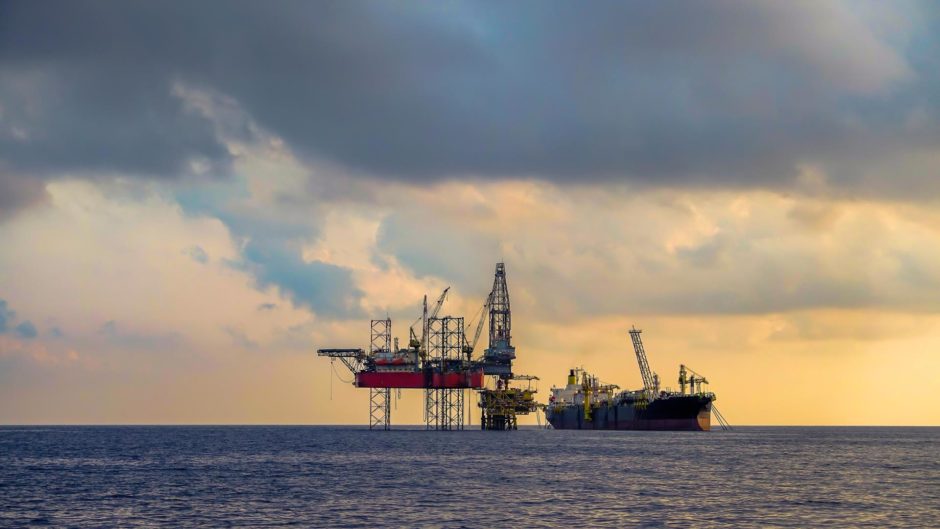
Costs for a planned new North Sea oilfield could be shaved by 75% with new tax incentives, the firm behind it has claimed.
Orcadian Energy expects costs to first oil for Pilot, a 79 million barrel field, would take roughly $1bn.
It has claimed that the “after tax cost of development could be reduced by up to 75%” thanks to the Chancellor’s investment incentives announced with the windfall tax last month.
Orcadian, which is on the hunt for a farm-in partner, said a firm paying the new Energy Profits Levy and UK ring fence corporation tax (a modified form of corporation tax only payable by the UK oil and gas industry) would get the 75% after-tax relief.
According to the board’s calculations, firms paying the above levies will get $750m back in reliefs immediately after the money is spent.
The net cost to the right partner could therefore be c. $250m, they said, adding that this has “radically improved the economics of a farm-in deal”.
“The board believe that this will make investment in the development of the Pilot oilfield an increasingly attractive opportunity.”
Orcadian has today submitted a draft field development plan to the regulator NSTA; it needs to be fully funded to proceed in earnest.
Under the plan, 34 wells to be drilled via a jack-up rig through a pair of well head platforms, with power from a floating wind turbine.
Orcadian said emissions from Pilot are expected to be an eighth of the 2020 North Sea average, and less than half of the lowest emitting oil facility in the UK.
Orcadian CEO Steve Brown said: “Our focus on minimising emissions means that the project will be especially attractive to companies that wish to drive down their emissions intensity whilst the introduction of the investment allowances as part of the Energy Profits Levy will surely incentivise operators to double down on investing in domestic energy security.
“We look forward to a heightened level of interest in our project and providing further updates as the process progresses.”
The Energy Profits Levy announced last month saw the headline tax rate for North Sea profits increase by another 25% to a total of 65%.
However, incentives within the levy are designed to reduce amount a firm is taxed based on the amount they invest.
A near-doubling of the investment allowance to 80%, on top of other measures, means firms will get 91 pence back per £1 spent for a total relief rate of 91.25%.
Analysts have said the attractive investment allowance will benefit those firms with spending in their pipeline, and could accelerate some final investment decisions for certain projects.
Recommended for you

